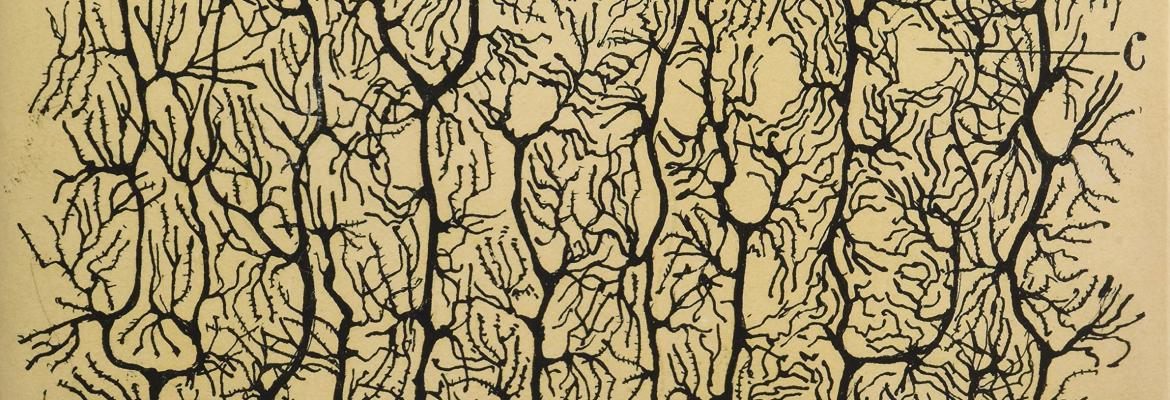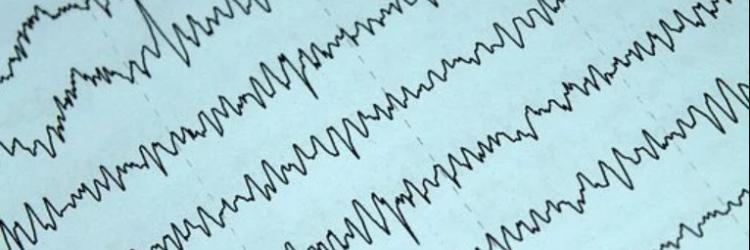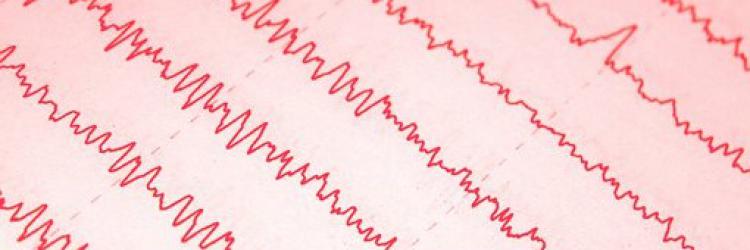Clinical Neurophysiology in the East of England
Clinical Neurophysiology is a branch of the clinical neurosciences which is concerned with the investigation of disease by techniques which depend upon the electrical properties of neural tissue and muscle.
The specialty is primarily involved with the diagnosis of neuropathies, neuromuscular disease, epilepsy, ophthalmological disease and multiple sclerosis. It also includes the intra-operative and intensive-care monitoring of the spinal cord and brain. It is featured in the BMJ Career Focus (326: 31 May 2003, s183).
Attractions of the Specialty
Clinical Neurophysiology is an expanding specialty with vacancies at the entry level of the Specialist Registrar grade and at consultant level. The specialty allows the development of specialist interests in many fields, including neurology, neurosurgery, rheumatology, orthopaedics, ophthalmology and paediatrics. Unlike some service specialties, Clinical Neurophysiology enjoys considerable direct patient contact. The subject also provides the opportunity for laboratory and collaborative clinical teaching and research. The procedure basis of the work and the association with orthopaedics and industrial medicine provide optional opportunities for private practice and medico-legal work.
The training programme is currently based at Addenbrooke's Hospital in Cambridge.
- Completion of a core medical training programme or equivalent.
- Documented evidence of achievement of level 1 competencies in general internal medicine (acute) and generic curricula.
- Documented evidence of completion of full MRCP(UK) Examination.
- Previous experience in clinical or basic neurosciences is highly desirable.
BSCN - http://www.bscn.org.uk/
Clinical Neurophysiology general website for learning and updates by Dr Adrian Fowle - http://www.clinicalneurophysiology.org.uk/
Carpal Tunnel by Dr Jeremy Bland - http://www.carpal-tunnel.net/
Interactive EEG Atlas - http://atlas.ansuk.org/
ILAE Epilepsy Classification and Terminology - http://www.ilae-epilepsy.org/ctf/seizure_frame.html
Ensure that you have the correct number of assessments (DOPS and others) appropriately linked to the curriculum
Logbook: You are expected to maintain a logbook record of all procedures you perform. There are a variety of apps available to help in this. Most trainees maintain this on an excel spreadsheet, which needs to be uploaded to your personal library. Logbook procedures to record include:
· EMG/NCS – common and less common nerve entrapments, generalized neuropathies, radiculopathies, myopathies, repetitive stimulation
· EEG - adult and paediatric
· More specialized procedures according to the new curriculum
Audit: You will need to complete two audits


